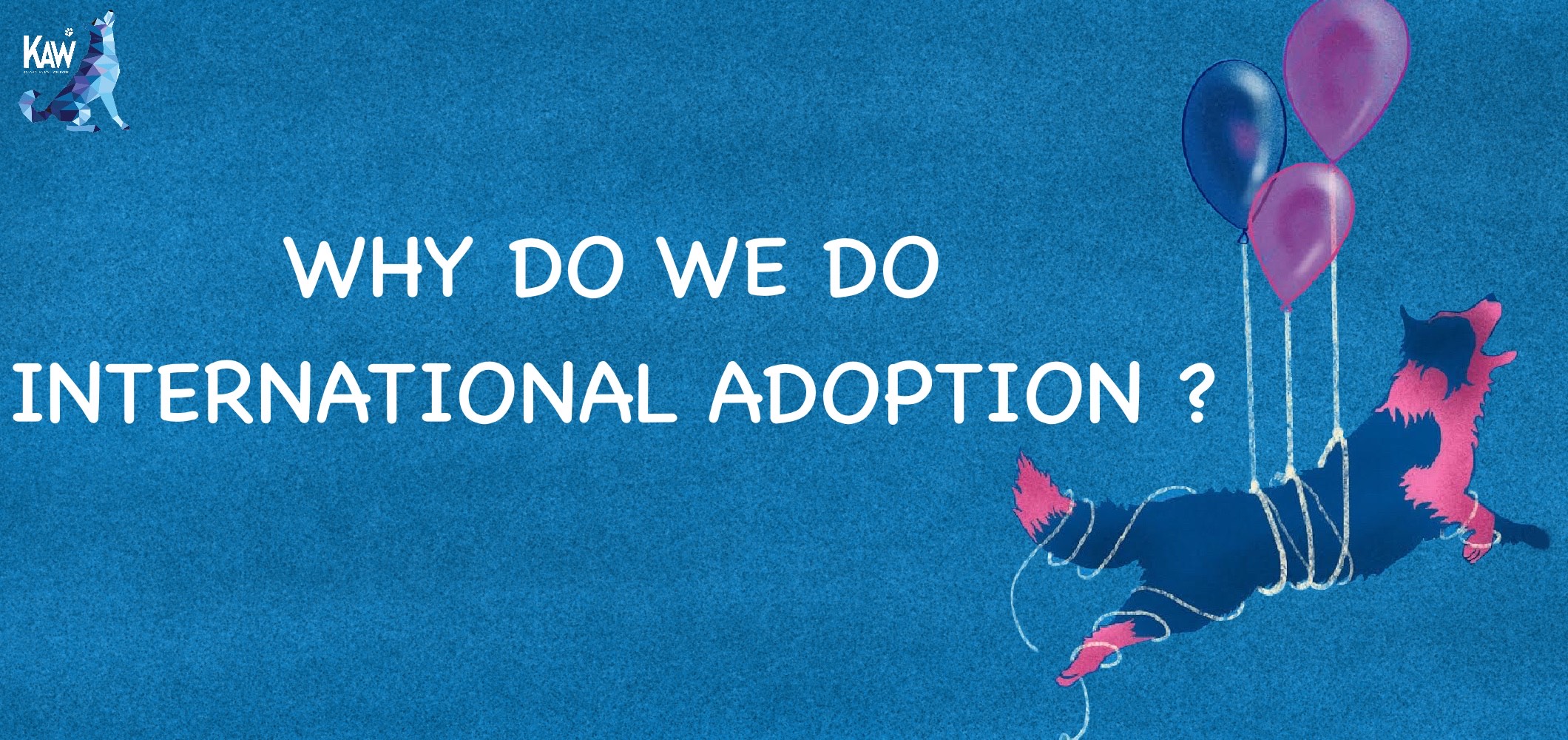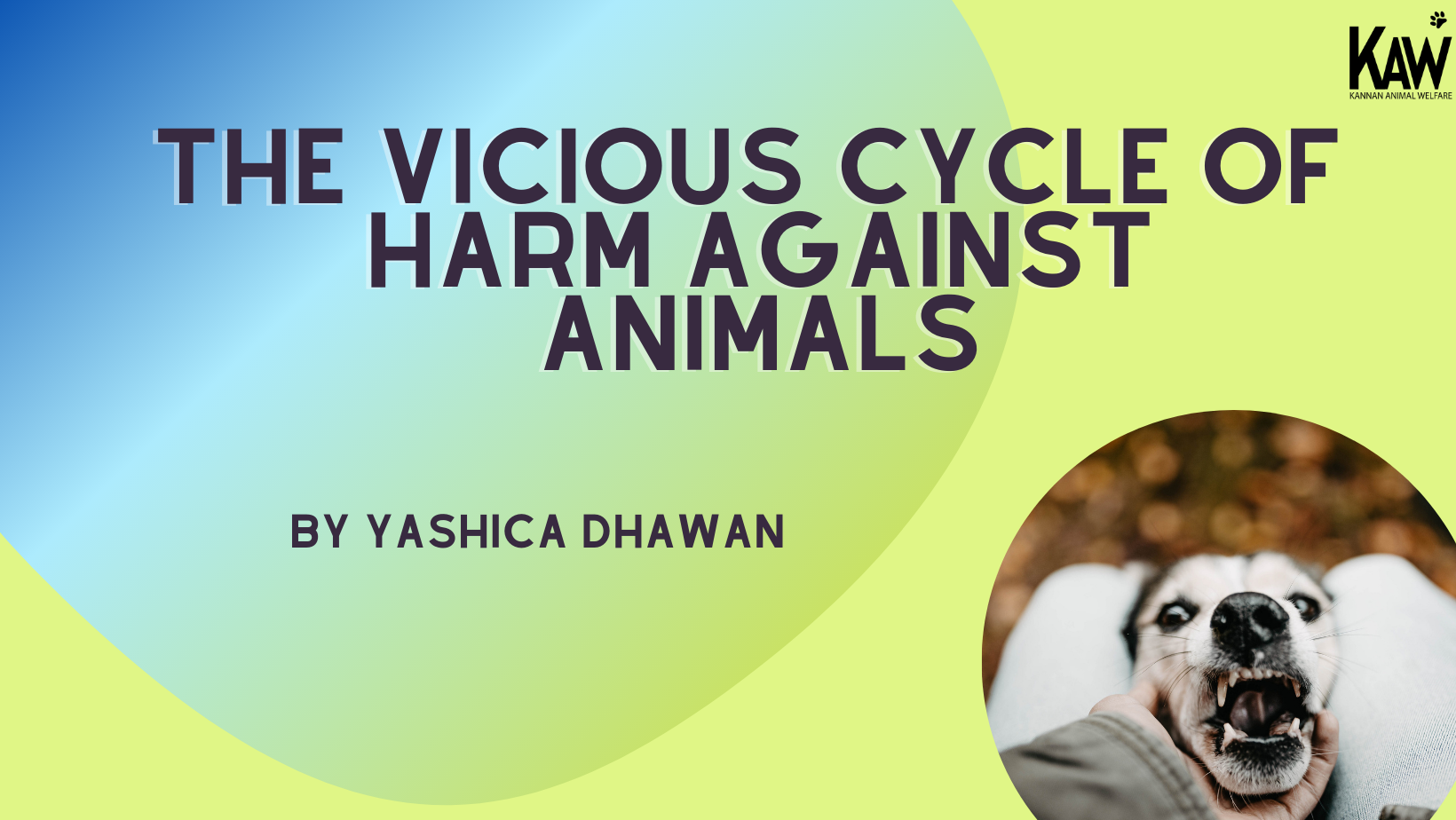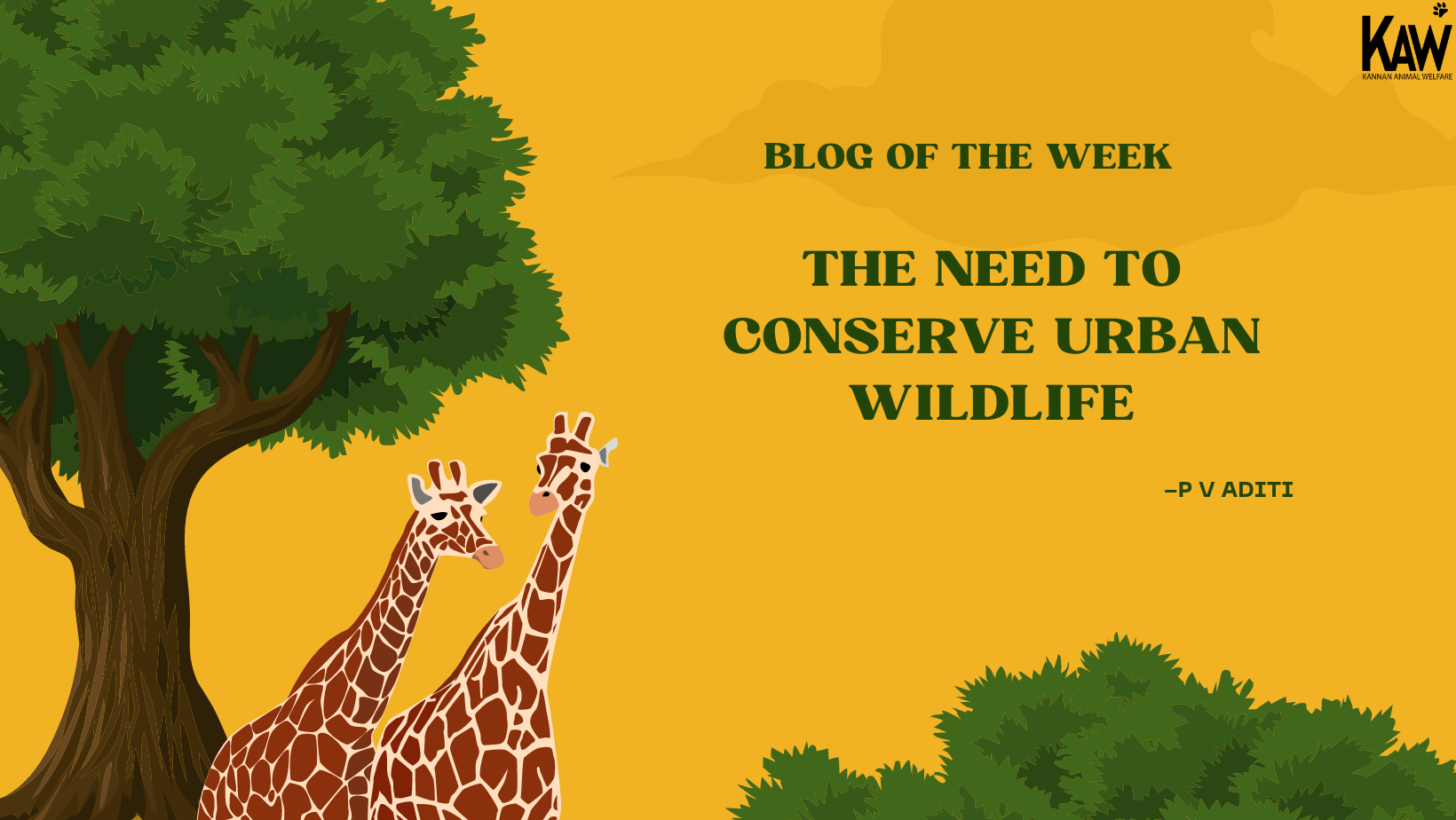International adoptions follow a process that requires time, effort, and funds to pursue. The idea of sending an Indian dog to another country might seem ridiculous to some - and we do not disagree. If every home in India wanting and able to have a pet would opt to adopt a stray or a rescue, we probably would not have to resort to such measures. Sadly, the general public in India is obsessed with foreign breeds. Worse yet, people will rarely opt for adults, and this obsession has encouraged puppy mills and backyard breeders in all corners of the country.
The most adaptable and sociable of indie dogs are left homeless for months, sometimes years, as people continue to line up for puppies of particular breeds, often only to realize later they are unable to take care of them. At this point, they either abandon the dog sometimes literally on the streets or tied outside a shelter.
Those abandoning their dogs fail to realize it is not at all viable for an animal that has become used to living indoors to survive on the street. Failed past adoptions are the reason why most rescues and shelters are so wary of impulsive adoptions, and why they introduce strict checks for dogs being given for adoption. Those who apply for adoption are regularly unable to understand why strict procedures are carried out - for organizations like ours; we are not looking to get rid of our dogs. We will only give our dogs to a family that will truly give them the love and affection they deserve, and the care they need. Until public sentiment towards indie dogs’ changes, international adoption is needed.
KAW dogs have already undergone a lot of trauma and overcome many difficulties. They can be missing a leg, an eye, or suffer from another sort of disability. In many cases, the dog has a complex condition or background and need a very particular kind of human family, one that is usually unavailable in India. Unlike the situation here, these dogs are accepted, loved, and cared for with patience and understanding abroad.
When we fundraise to send a dog abroad, there are several needs that must be fulfilled. Costs for the dog to travel as excess baggage or cargo; proper certifications and money for an appropriate crate is needed. In addition, it is important to us that the dog is as comfortable during travel as possible, and to serve these purposes dogs are often crate trained for a few weeks before they are to fly. This sometimes involves boarding costs as the dog stays with someone who is experienced in training them in such matters, although our shelter staff trains KAW dogs the bottom line remains that when we decide to send a dog abroad, it is because the dog’s long and happy life, for us, is worth much more than the cost of sending them abroad.
International adoptions also require intensive behavioral checks - dogs with any history of aggression, dogs that are very shy, and those who are reactive are not going to be sent abroad by our team.
We at KAW do not send our dogs abroad to shelters. Any dog flying abroad goes to either a foster home or directly to their adopter. These homes are prepared and understood that a dog that comes to them needs time to decompress, adjust, and get comfortable - yet another thing most homes in India do not allow for.
People sometimes question why the person abroad adopting the animal does not pay for all the costs of sending a dog there from here. We feel that this is asking too much from the people who are already taking on the care of the Indian dog for life, despite the high availability of rescue dogs in their own countries. International adoption is a long process for them too as they await the arrival of the dog they have chosen to shelter. They are taking a chance on a dog they have never met because their love for the animal and their desire to help them is so strong. These families and individuals are actively aiding better resource allocation because every rescue that goes from us to a loving forever family makes space to save another one of the many stray dogs in need of saving. Keeping all these factors in mind, we feel it is only prudent that we aid them in what is sure to be only a fraction of the dog’s expenses over his or her lifetime.






